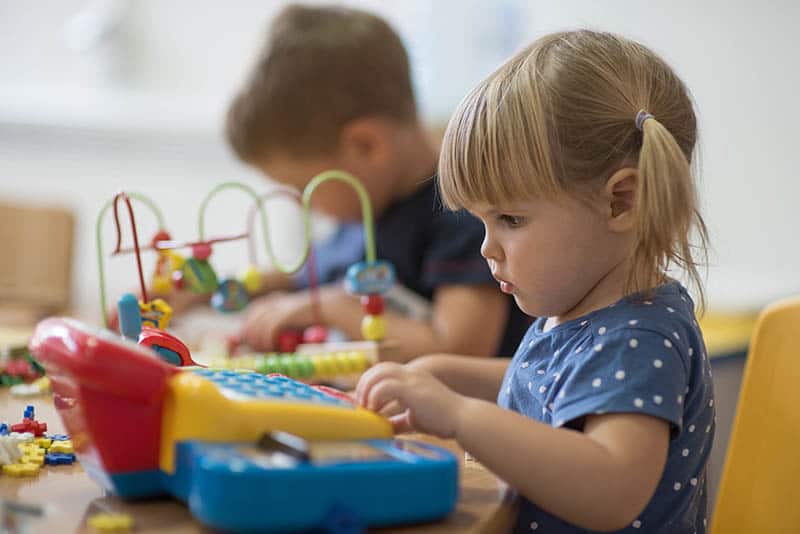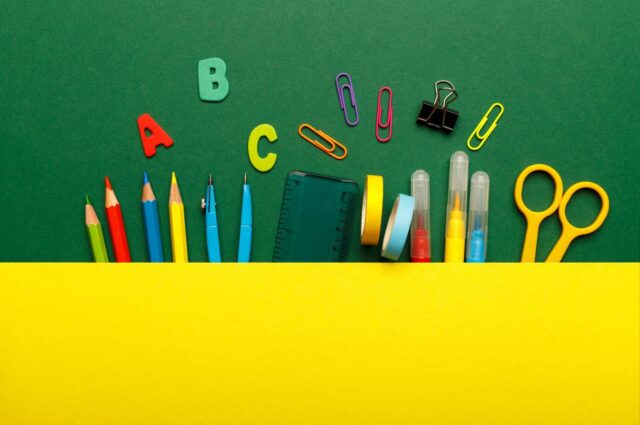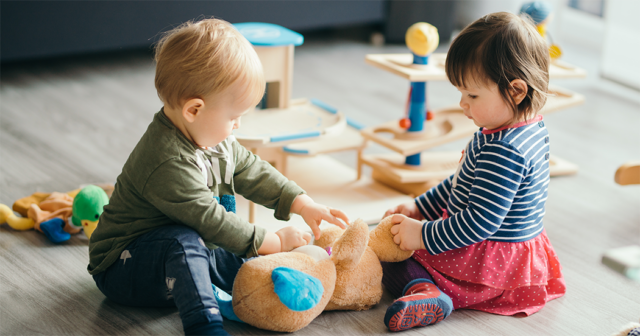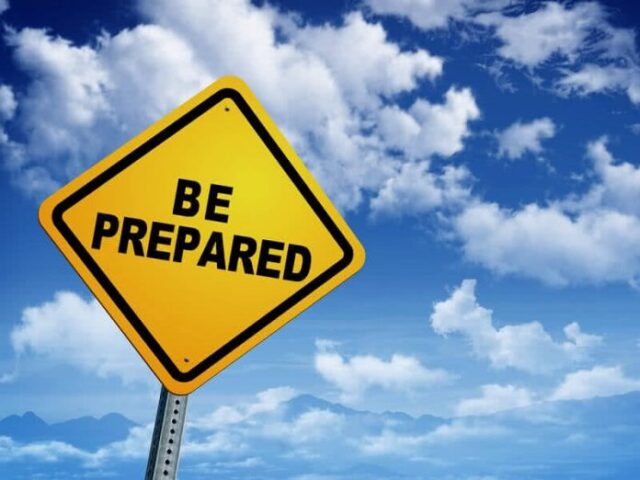
The first day of kindergarten brings a medley of emotions for every parent. The excitement of reaching such a huge milestone, the anxiety of having to go hours without seeing your child, the realization that your baby is about to set foot in this huge world, the nostalgic memories that keep coming up before your eyes, and the pride your chest swells up with- you have a lot to process.
While you might never be prepared to accept that your child is growing up, you must prepare them for their first day. To ensure that your child is all set to embark on his learning journey, you need to prepare them physically, mentally, and emotionally so that they can take on whatever challenge comes their way. Here are a few things you can do to ensure that your kid is ready to start kindergarten in every sense of the word.
1. Get the Supplies They Might Require

To start your preparations for kindergarten, make a list of all the supplies that they will require and keep them ready beforehand. You can begin by visiting Lola and the boys to get some trendy clothes for the big day. You would want them to look their best to help them get noticed and make friends easily.
Apart from clothes, they would also require tiffin boxes, pencil boxes, functional backpacks, pencils, art paper, crayons, glue sticks, washable markers, and other art supplies. Contacting the kindergarten personally to enquire about their requirements would be a good idea. Ensure that all items are organic and safe for your child to use.
2. Plan Visit to the Kindergarten Beforehand
Many psychologists believe one can alleviate a significant part of a child’s fear and apprehension regarding kindergartens by familiarizing them with the place well in advance. Your child will spend most of their daytime in the coming months in kindergarten. Hence, it is necessary for them to feel safe and comfortable there.
Call the kindergarten to plan an advance visit with your child and meet the teacher if possible. If your child knows where the bathroom is, where to sit, who their teacher is, and where to put their belongings, your chances of avoiding the first-day tears are high. Introducing them to their teachers and teaching assistants and teaching them name-specific phrases like, “Miss X, can you please help me?” can also help them socialize and communicate better.
3. Practice Runs
When children are first introduced to formal education, they have to make many adjustments as their daily routines undergo dramatic changes. Your little humans can have a hard time getting up early in the morning, dressing up for school, and traveling all the way. Very often, children develop a dislike for schools mostly because they do not like getting up early.
You can begin training your little ones a month in advance to avoid this. Test out a few runs for their new morning routines and encourage them to wake up early with treats and positive reinforcements. That can help children know what to anticipate and gradually warm up to their changed schedule. You can also avoid getting late on the first day of your little scholar is already used to the morning runs.
4. Develop Basic Skills and Habits

Children who have already acquired basic skills like eating alone, communicating, asking for help, and using the toilet without help tend to feel more confident and comfortable in classroom environments. If your child has not developed these skills yet, help them learn the basics and get enough practice.
Children are supposed to acquire basic knowledge in kindergarten itself. If they have already learned specific things like responding to their name, answering simple questions, using child-friendly equipment, and drawing lines and elementary shapes, they can get a head start and stay ahead of the curve. Training them to follow instructions and communicate at home can help them adjust better.
5. Specially Designed Play Sessions
Design customized play sessions to help your kid get used to learning in a classroom environment. Through these, they should learn to care for themselves and communicate through role play. Teach them hygiene practices like washing their hands after play sessions and before eating and sneezing into their palms. Have them practice washing their hands without help.
Teach them social skills like sharing, waiting for their turn, and saying “sorry,” “please,” and “thank you” through such role-play sessions. Practicing communication is also essential. Organizing play dates where they learn to make friends and practice these social skills is an excellent way of preparing them for kindergarten life.
6. Prepare Yourself

Although prepping children for kindergarten might seem challenging, it becomes easy when you take one step at a time. The real challenge, however, lies in preparing yourself. It is undoubtedly difficult to watch the little human who would lazily take naps on your chest and cry out whenever they needed anything just yesterday, all set to set foot in the real world.
However challenging it might seem, you need to let go and relax. You must remember that kindergarten is important in its own right and not just a prepping session for school. Trying to give the kids a head start on things that will be taught in school is useless. Instead, let them explore and learn at their own pace.
Children must be allowed to explore their possibilities on their own and have fun without feeling the burden of expectations so early in life. At this stage, focus on building the foundations of a strong, confident, and independent personality that will help them at every stage of life.
Keep yourself updated on everything that goes on in kindergarten. Keep tabs on how your child is doing both academically and socially. That is crucial to ensure a safe and healthy upbringing for your child without any troubles whatsoever. Do not forget to provide them with ample kisses while leaving and adding sweet little notes with their lunch boxes that their teachers can read out to them.









